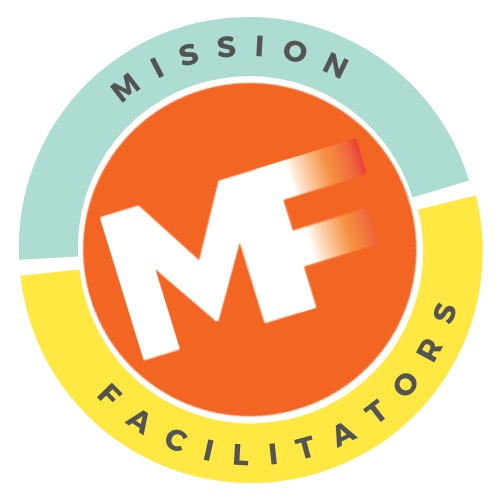The leadership landscape is constantly evolving, and traditional authoritative styles are no longer effective in today’s complex workplace. Trust is the cornerstone of effective leadership, and this shift has put coaching in the spotlight as a transformative tool for leaders, teams, and organizations. Leaders now need to possess skills such as empathy, trust-building, emotional intelligence, and the ability to navigate diversity and inclusion opportunities. Balancing business goals with creating a culture of care, community, and employee growth has become essential in leadership.
The Misalignment Challenge
A significant challenge organizations face in leadership development lies in the misalignment between leadership development strategies and the overarching business strategy. Often, leadership development content does not sync up with the specific goals and objectives of the organization. According to a survey, a staggering 69% of respondents felt that their leadership development strategies were only somewhat aligned or not aligned at all with their organization’s business strategy.
This misalignment not only impedes the effectiveness of leadership development programs but also leaves leaders ill-prepared to tackle the distinct challenges and opportunities that their organizations encounter. It is essential for leaders to consistently reassess their goals, strategies, and development programs to ensure they remain in harmony.
The Rise of Relationship-Based Leadership Development
To bridge the gap between traditional development and modern workplace demands, organizations are turning to relationship-based leadership development. This approach emphasizes personalized coaching and mentoring, along with developmental assignments and job rotations.
Coaching and mentoring offer a unique value proposition: personalized leadership development. Unlike one-size-fits-all training, coaching and mentoring allow individuals to work on specific challenges and skills. This personal approach enhances development and provides genuine support.
The Impact of Coaching on Organizations
Coaching is not just about developing leaders; it has far-reaching effects on organizations. Many organizations are adopting coaching and mentoring as part of their strategy to democratize access to leadership development programs and diversify their leadership pipelines. Coaching and mentoring users are more likely to identify candidates for leadership development to meet diversity, equity, and inclusion (DEI) goals. Additionally, these methods contribute to improved employee retention rates.
Democratizing access to coaching and mentoring is seen as a way to engage employees and personalize their experiences. Mentoring, in particular, can be a cost-effective way to make a personal investment in a broader pool of employees, especially by encouraging internal staff to serve as mentors.
The Path Forward
The evolving leadership landscape calls for a fundamental shift in leadership training. Focus is shifting from authority to trust, from one-size-fits-all to personalized coaching and mentoring, and from exclusive selection to broader access.
Leaders, teams, and organizations embracing coaching as a transformative force will better navigate modern workplace challenges. Investing in coaching and mentoring fosters trust-based leadership, supports individual growth, and drives success.
In summary, coaching is a catalyst for organizational transformation. It equips leaders with the skills to thrive, fosters trust, and drives success. To embark on this journey and explore how Mission Facilitators can lend support to your mission, please don’t hesitate to contact us.
Together, we can lead the way toward a more resilient and flourishing workplace.

